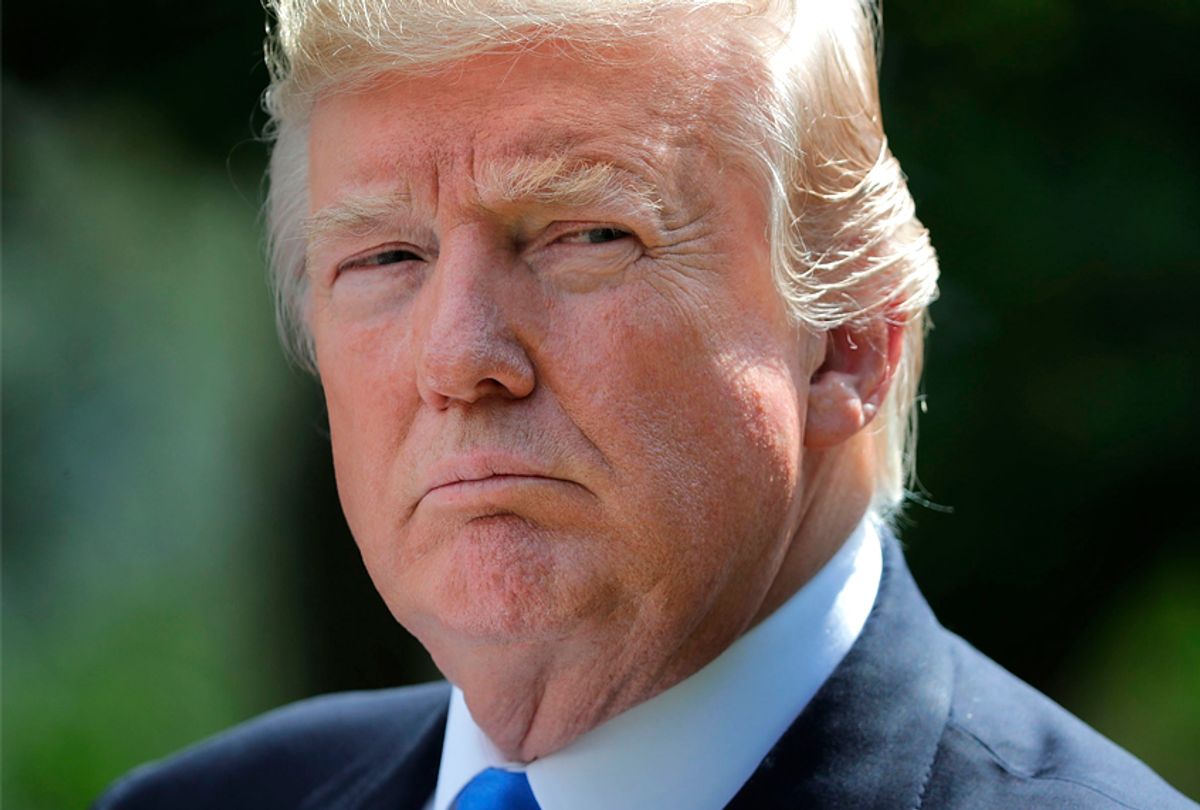One year ago, President Trump announced that the United States would withdraw from the Paris Agreement on climate change. Nearly every country in the world has signed the historic accord. Then-candidate Trump made it clear on the campaign trail that he hated the deal. He may like it even less when he finds out that the architects of the accord were two women: Christiana Figueres, Executive Secretary of the United Nations Framework Convention on Climate Change and Laurence Tubiana, the former Climate Change Ambassador and Special Representative for the 2015 Paris Climate Conference
But it shouldn’t be surprising that an agreement that had eluded negotiators for decades was ultimately delivered by the determination, leadership and expert diplomacy of strong women. Not that it needs to be proved, but the research shows that women can be incredibly effective and forward-looking leaders, adept at bringing together diverse stakeholders and tackling complex challenges.
Women leaders are also more likely to pursue projects and policies that create a positive social impact, especially regarding environmental sustainability: companies with women on their boards are more likely to invest in clean energy, while women in U.S. Congress have favored environmental protections every year for a decade, consistently outvoting their male colleagues.
As woman mayors, we are doing our part to protect our citizens against the all-out war that the Trump administration has waged against safe, inclusive communities, clean energy, and bold climate action. We will soon be joined by more women, as record numbers of female candidates are running for office in the United States. C40, the network of the world’s greatest cities, is doing its part to encourage leadership of, by, and for women through its Women4Climate initiative, which aims to empower 500 climate heroines around the world by 2020.
One of President Trump’s nightmares is coming true: Women are speaking out and standing up.
Still, women remain underrepresented at all levels of government. Almost 2,000 men have been United States Senators, as compared to only 52 women in the history of our country (with 23 of those women currently serving). And of our country’s top 50 most populous cities, only 10 – Fort Worth, Charlotte, Seattle, Washington DC, Las Vegas, Baltimore, Atlanta, Salt Lake City, Oakland and New Orleans – have women mayors. This systemic lack of representation results in fewer women at the table when important policy decisions are being made.
When it comes to climate change, women leaders are crucial not only because they address entrenched systemic problems, but also because climate change affects women disproportionately. Though this is particularly true in the developing world, we see it even here in the United States: after Hurricane Katrina, women in New Orleans lost their jobs in far greater numbers than men and the economic impact on women was felt for years after the disaster.
When President Trump announced the withdrawal of the United States from the Paris Agreement in June 2017, cities stepped up to fill the leadership vacuum. Both of our cities – Seattle and New Orleans – were among hundreds that pushed back, pledging to adopt, honor and uphold the agreement’s goals despite the federal government’s abdication of leadership. Similarly, following the U.S. Environmental Protection Agency’s decision to remove climate change information and key facts from its website in late 2017, seventeen U.S. cities – including ours – announced the decision to upload the deleted information to our own websites.
Climate action has only accelerated since Trump’s irresponsible decision to withdraw from Paris. In New Orleans, we published our first city-wide climate action plan in the summer of 2017. In April 2018, Seattle launched a new and updated climate action plan. And in October 2017, Seattle signed C40’s Green & Healthy Streets Declaration and became one of only two U.S. cities to pledge to purchase only zero-emission buses from 2025 and eliminate emissions in designated areas by 2030. In Seattle, we are phasing out fossil fuel use in City vehicles by 2030, encouraging the building of the 20 most energy efficient and sustainable buildings, and exploring how congestion pricing in our downtown core could improve mobility and reduce emission from vehicles.
We are making progress, but delivering the bold climate action that scientists say we need will require the best of human ingenuity, collaboration, and leadership. That has to come from both men and women. Creating a more resilient, sustainable and equitable future can only happen when everyone has a seat at the table where decisions are made. And if women aren’t brought to the table at the federal level, you can bet we’ll be making our voices heard in states and cities across our country.



Shares